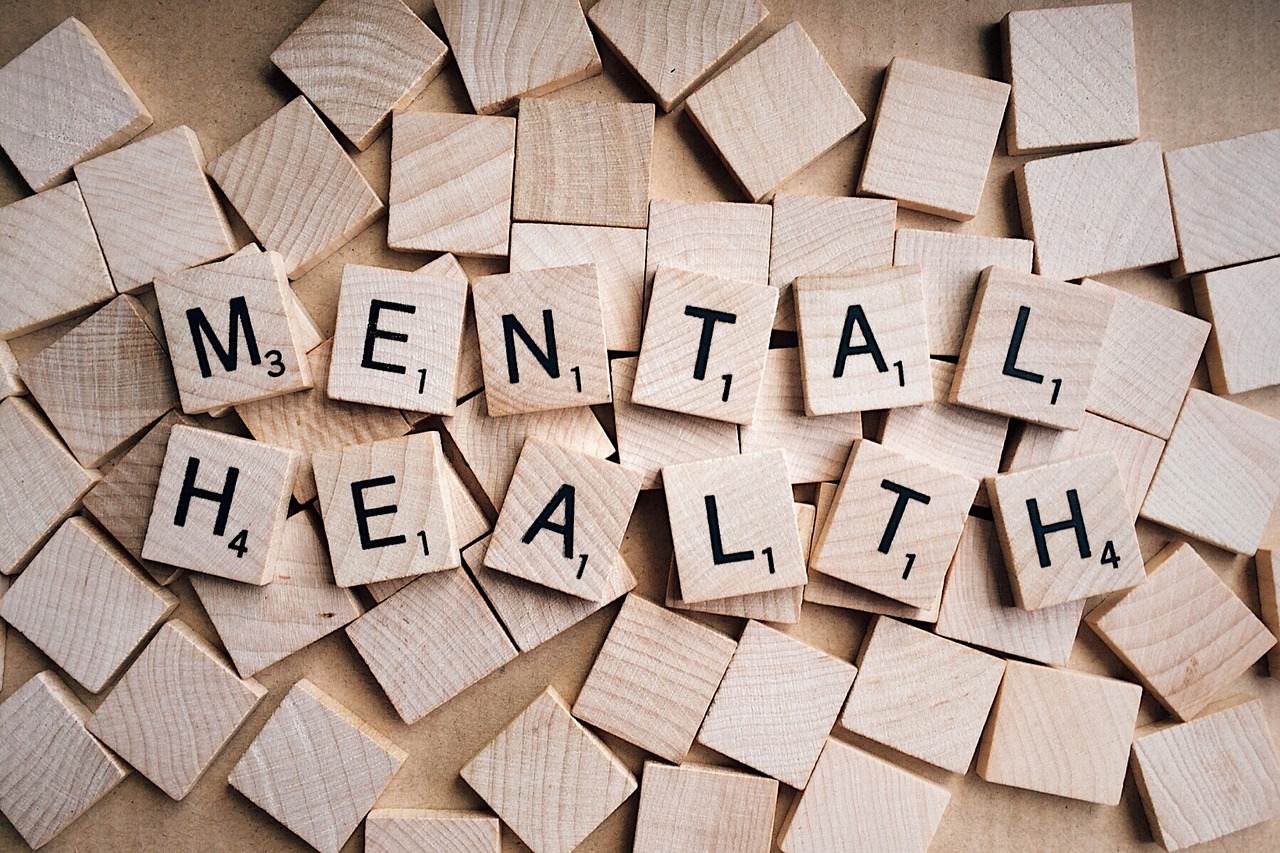
@ShahidNShah


AI applications in health have revolutionized almost all aspects of diagnosis and treatment, with mental health taking the lead. However, while the pros are undeniable, ethical considerations of the use of AI for diagnosing mental health conditions have become one of the highly debated topics. The article discusses some of the advantages, challenges, and ethical considerations for the use of AI in this sensitive field.
Artificial Intelligence algorithms can go through enormous volumes of data very fast and with high efficiency. They therefore provide the potential for new discoveries in mental health. An AI system may help clinicians make diagnoses, such as depression, anxiety, or bipolar disorder, by detecting patterns in data like speech, behavior, or physiological responses of patients.
For instance, companies are working on AI tools that study voice tones or facial expressions for signals of emotional distress. Such inventions have the potential to offer early diagnosis and intervention, especially when specialists in this field are few and far between. AI tools may also eliminate some of the biases that can result from human judgment and thus offer a more objective assessment.
With these technological advancements, facilities such as AI image generators are utilized to create visual representations in the mental health field that shall help both the practitioner and patient comprehend the complexity of the condition. In this process, however, comes the beginning of ethical dilemmas that seriously need consideration.
The main concern is the accuracy of AI-based diagnosis in mental health. Unlike physical health conditions, the manifestations of mental health are often subjective experiences that are not easy to quantify. AI models are only as good as their training data, and that data may not be representative of diverse populations. This then creates a risk of misdiagnosis or over-diagnosis, which has serious consequences for patients.
Data Privacy and Security: Mental health data is sensitive. AI systems require large datasets to train and function, raising concerns about how this data is collected, stored, and shared. Robust data privacy and security measures must be ensured to avoid breaches that would lead to the infringement of patient confidentiality.
Bias in AI ModelsBias in AI is one of the major ethical issues. If, for instance, the data utilized in developing the AI tool has bias-for instance, if the tool represents mostly one kind of population-then the system outcomes will not be equitable. This will lead to inequity in service provision and perpetuate the existing disparity in mental health services.
Human OversightWhere is the place of AI tools in replacing human clinicians for the diagnosis of mental health conditions? Most experts agree that while AI can help, it cannot replace the human touch in mental health diagnoses. A diagnosis involves more than data; it requires empathy, cultural understanding, and the ability to consider nuances that an algorithm might overlook.
These concerns, however, can only be addressed when stakeholders begin to balance ethics with innovation. Following are some actionable insights:
Increase Transparency: Developers should be more transparent over AI algorithms and their decision-making processes. It calls for proper documentation of model training, testing, and validation.
Foster Inclusivity: Training datasets are representative of various populations so the outcomes will also be equitable. Collaboration with diverse experts from different cultural and socioeconomic backgrounds will help attain this.
Setting up ethical standards: The regulatory bodies need to set up guidelines on the use of AI in mental health. Such standards should address issues related to data privacy, informed consent, and accountability.
Human Oversight: AI tools should be designed to support, not replace, human clinicians. Regular audits and the involvement of mental health professionals are crucial to maintain the quality of care.
Some real-life applications outline both the potential and pitfalls of using AI in mental health:
Woebot: It is an AI-powered chabot; it provides ways related to CBT. However, accessibility does not mean professional treatment.
Ellie by USC Institute for Creative Technologies: Ellie uses facial recognition and voice analysis to diagnose states of mental health. However, its effectiveness greatly depends on the diversity and quality of its training data.
The use of AI for diagnosis in mental health is a two-edged sword. While this holds promise for improving accessibility and efficiency, there are ethical challenges that need to be overcome in order to ensure that deployment is responsible. It would thereby be promoting transparency, inclusivity, and human oversight-in short, all that is so necessary to undergird trust in care, not undermine it. As this technology evolves, ethical considerations at the front end ensure a future wherein AI complements and does not replace human empathy and expertise in mental health care.

Currently, in the realm of health care technology, Electronic Health Records—also referred to as the patient’s Electronic Medical Record—serve the purpose of filing the patients’ records in electronic …
Posted Jan 9, 2025 EHR / Clinical Workflow Health Technology
Connecting innovation decision makers to authoritative information, institutions, people and insights.
Medigy accurately delivers healthcare and technology information, news and insight from around the world.
Medigy surfaces the world's best crowdsourced health tech offerings with social interactions and peer reviews.
© 2025 Netspective Foundation, Inc. All Rights Reserved.
Built on Jul 18, 2025 at 12:24pm